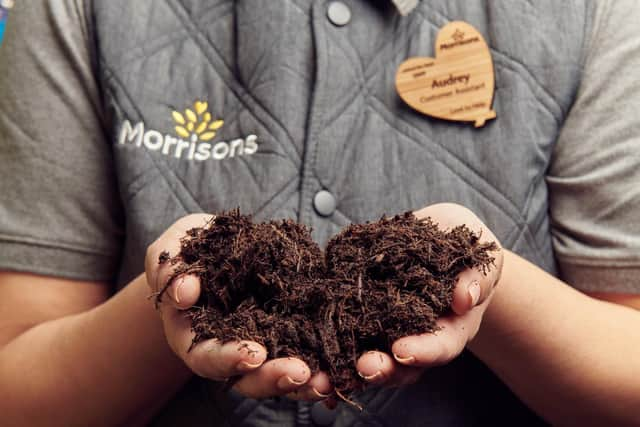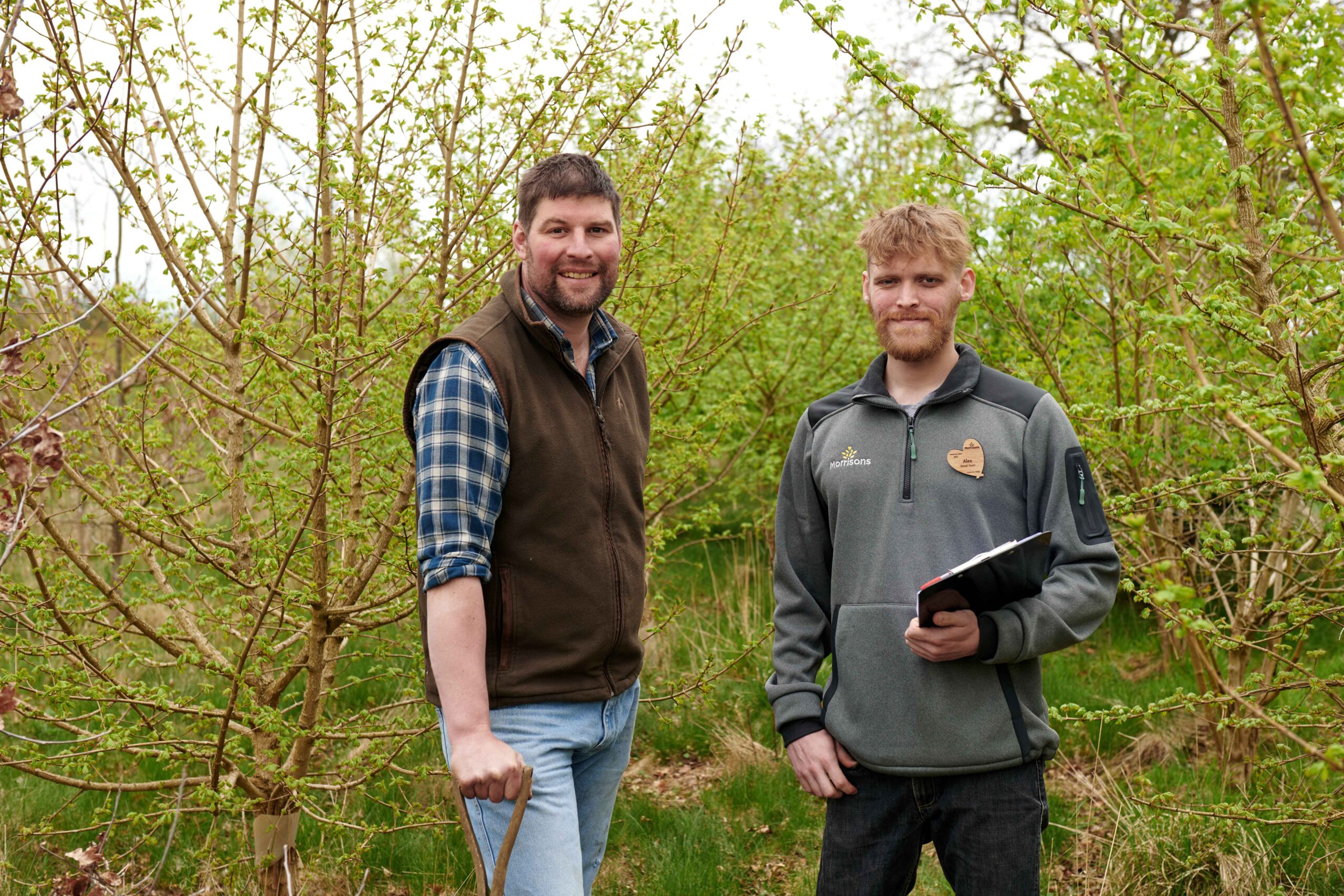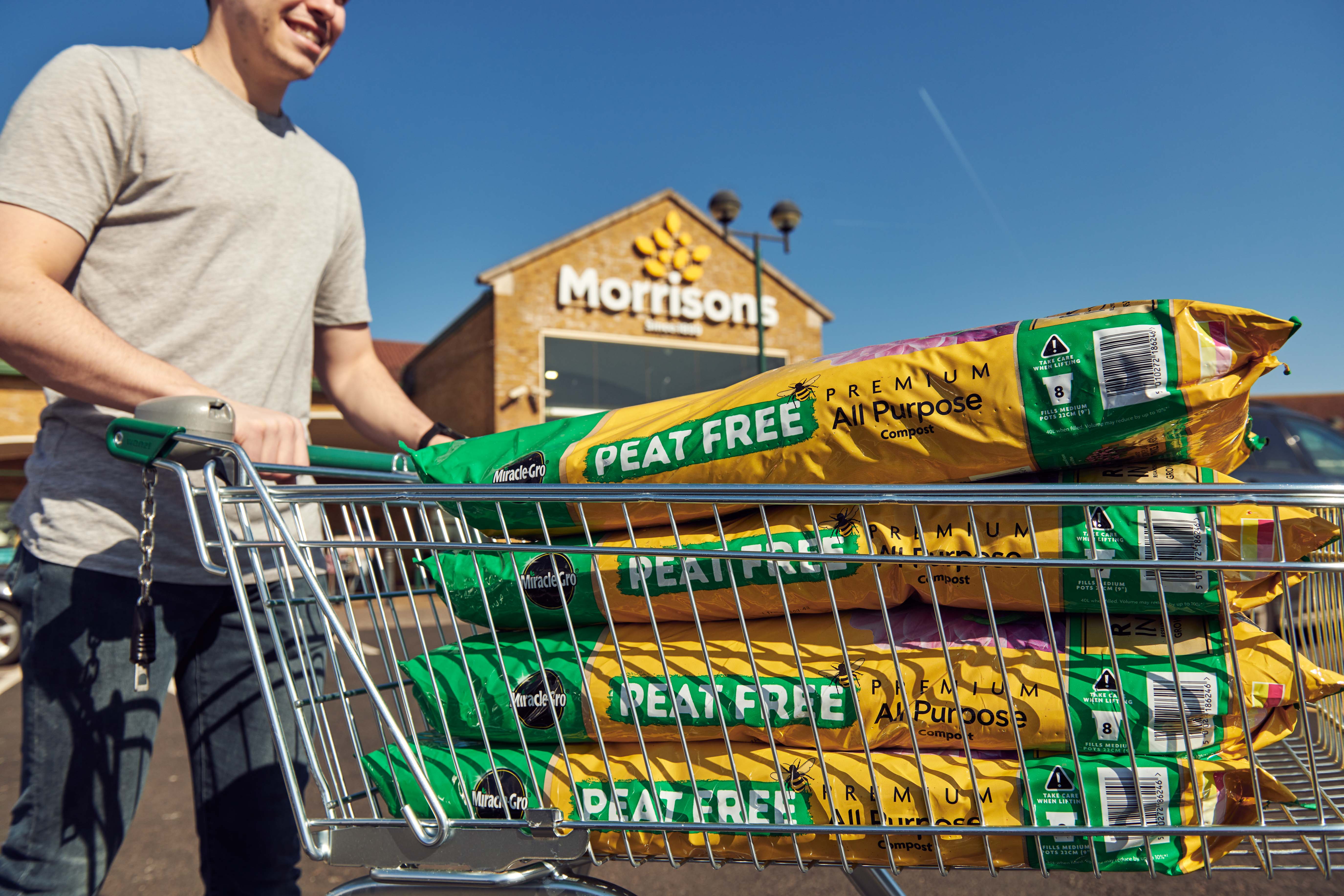
As a company deeply involved in the manufacture, process and supply of food, we recognise that biodiversity plays a critical role in maintaining a resilient and sustainable food system that supports the production of diverse, high-quality ingredients.
Why are we taking action?
We’re facing a biodiversity crisis with wildlife, soils and forests all under threat. Rapid human activities such as deforestation, habitat destruction, pollution, overexploitation, and climate change have led to a drastic decline in biodiversity. This crisis affects essential natural processes that sustain life, such as pollination, nutrient cycling, and climate regulation. The loss of biodiversity endangers food security, disrupts ecosystems, and undermines the resilience of our planet. In our supply chain, we are taking action to halt harmful practices, promote positive change and transform our relationship with nature.
Our Strategy
Our commitment to biodiversity means ensuring our supply chains are transparent and traceable, working with suppliers to preserve natural habitats and species and contributing to the conservation of wildlife, soils, and forests.
We want to offer customers fresh and ethically sourced produce in our supermarkets, online, and in our convenience stores. Through responsible sourcing and sustainable practices, we strive to be a positive influence on the environment while delivering value and choice to our customers.
We’ve aligned our strategy with the recommendations from the Science Based Targets for Nature (SBTN) Action Framework: Avoid, Reduce, Restore & Transform. Find out more about the SBTN here.
Avoid
Deforestation and Land Conversion - We aim to have certified zero deforestation and land conversion in key risk supply chains by 2025.
Reduce
Reduce Water Use - 50% of our UK fresh food will be sourced from areas with sustainable water management by 2030
Reduce Water Pollution - Supporting initiatives in the reduction of marine litter. Find out more about what we are doing with Global Ghost Gear at Falfish here
Protect Land, Freshwater and Marine Habitats - we are partners of Project UK helping to support improvements within eight important UK British fisheries. More information on this project can be found here
Lower GHG Emissions Across the Value Chain - We will be Net Zero in our Own Operations by 2035, and in our direct UK agriculture supply chain by 2030
Restore
Restore Natural Habitats - We work with our farmers to encourage Nature Positive Farming, supporting projects that promote Biodiversity
Transform
Take Action to Reduce Nature Loss - We are committed to increasing our plant protein offering
Natural Capital
Soils
Soil is the most important natural resource for food and farming. When it is in good health, it nourishes the plants we grow, purifies our water, protects against flooding and captures and stores carbon. Since 2019, we have supported project farmers in our Net Zero agriculture programme to measure the soil structure and carbon content of soils.

Forests
Globally, forests help to keep our climate stable and are home to 80% of terrestrial life. However, key commodities such as palm oil and soya can have significant risks of deforestation. That’s why we’re working towards zero deforestation in key risk commodities by 2025 (including soya for animal feed). Read our Deforestation & Land Conversion Policy for more details.
Tree planting can also help prevent flood risk and improve soil quality. We help the farmers we work with to find grants and expert help to improve the woodlands on their farms and to plant new trees in the most beneficial way.

Farmland
Morrisons supports a transition to more regenerative agriculture, where the environment and food production are in better balance. We’re working with our supplier farms to move away from monocultures and to encourage more spaces for nature and a greater diversity of crops and species farmed.
Within our Net Zero Agriculture programme, many farmers are already using planting to boost biodiversity. Examples include using multi-species grassland swards instead of a single species, which can boost biodiversity and reduce the need for fertiliser; and growing cover and companion crops, which can improve soil health and biodiversity.
Our Actions
- In 2022 we switched to 100% Peat Free Compost ahead of government plans to ban the sale of peat compost by 2024
- We helped to found the School of Sustainable Food and Farming, alongside the NFU and Harper Adams University to boost sustainable farming in the UK
- In 2023 we teamed up with Downforce Technologies to assess soil carbon and biodiversity trends on five of our supplier farms
